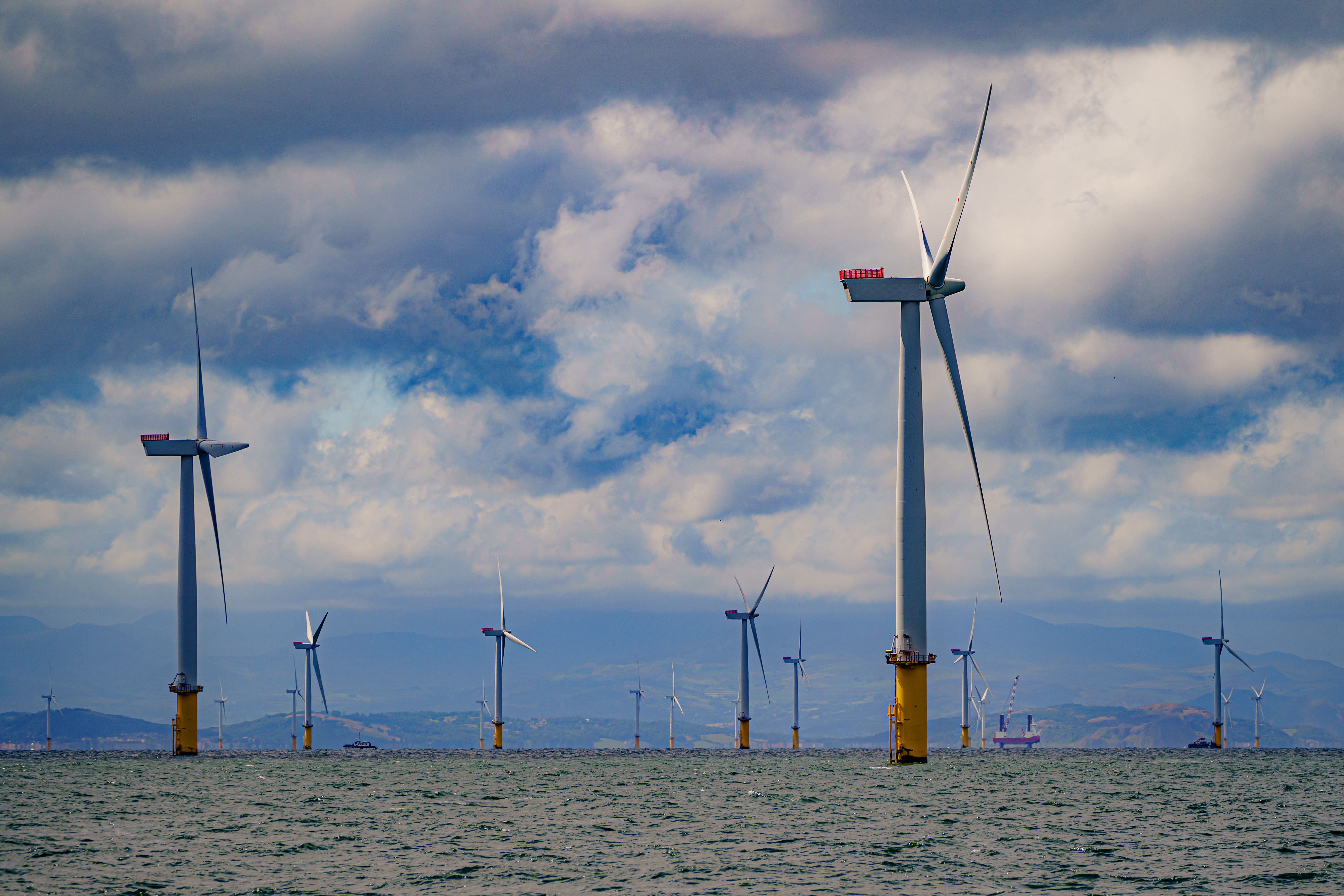Russian ‘spy’ ship gathered intelligence around Scots wind farms – report
Television news channels on the continent have claimed the Russians are using a ship to map undersea infrastructure.

Your support helps us to tell the story
From reproductive rights to climate change to Big Tech, The Independent is on the ground when the story is developing. Whether it's investigating the financials of Elon Musk's pro-Trump PAC or producing our latest documentary, 'The A Word', which shines a light on the American women fighting for reproductive rights, we know how important it is to parse out the facts from the messaging.
At such a critical moment in US history, we need reporters on the ground. Your donation allows us to keep sending journalists to speak to both sides of the story.
The Independent is trusted by Americans across the entire political spectrum. And unlike many other quality news outlets, we choose not to lock Americans out of our reporting and analysis with paywalls. We believe quality journalism should be available to everyone, paid for by those who can afford it.
Your support makes all the difference.A Russian “spy” ship stopped at sites around wind farms in the North Sea – including off the Scottish coast – in order to gather intelligence, an investigation by European broadcasters claims.
A joint report by broadcasters in Denmark, Sweden, Finland and Norway claims the ship Admiral Vladimirsky was part of an operation to map undersea infrastructure.
While officially classified as an ocean research vessel, the report says it is part of a fleet which is examining key energy sites for possible sabotage.
Danish broadcaster DR has published video of an encounter at sea between a small boat carrying their team and the Russian ship, filmed off the Danish coast in November.
It shows a man, wearing a balaclava and military gear, and carrying an assault rifle, appearing on the deck of the Admiral Vladimirsky.
The ship is thought to have entered the Moray Firth on November 10 last year.
Niels Fastrup from Danish broadcaster DR spoke to STV about the investigation.
He said: “It seems to have been loitering for a few days in the Moray Firth area.
“According to the source we’ve been talking to, and we gave them a look into our data, what they believe is, it is investigating some of the offshore wind farms in Scottish waters.
“The next time it stopped was at the Seagreen wind farm outside of Aberdeen.
“According to our experts and intelligence sources we’ve been talking to, the purpose of that stop was also to investigate the Seagreen wind farm in order to look for possible vulnerabilities to exploit in the event of an escalation in the current conflict situation between Russia and the Western world.”
There has been an increased focus on the safety of North Sea infrastructure amid heightened tensions with Russia, particularly in the wake of the attack on the Nord Stream pipeline.
The UK Government’s Ben Wallace spoke about the importance of protecting undersea internet cables when European defence ministers met in Edinburgh last year for a Joint Expeditionary Force summit.
He said that Norway’s oil and gas infrastructure was “particularly vulnerable” as it had become Europe’s main supplier.
The Royal Navy is purchasing two dedicated subsea surveillance ships which are expected to come into service this year.
An MoD spokesman said: “The Government takes the security and resilience of our national infrastructure very seriously.
“That is why we increased Royal Navy presence patrols after the Nord Stream incident and have invested £65 million in the first of our two Multi-Role Ocean Surveillance ships.
“We continue to review all our investments and activities against the full range of threats and risks.”
Offshore Energies UK (OEUK), the trade body for the offshore sector, said the safety of their installations was a matter of ongoing discussion with the Government.
Operations director Mark Wilson said: “Offshore Energies UK remains engaged with relevant Government bodies, including the Department for Energy Security & Net Zero (formally BEIS); North Sea Transition Authority; Health & Safety Executive; and Police Scotland, on resilience and security of UK energy supply.
“We also operate the OEUK security committee at which relevant Government bodies provide briefings.
“The physical security of offshore and onshore energy infrastructure continues to be part of these regular engagements.”
Angus Robertson, the Cabinet Secretary for Constitution, External Affairs and Culture, said that the reports are “worrying”.
He tweeted: “Extremely worrying new reports about Russian programme to sabotage wind farms and communication cables off the Scottish coast and elsewhere in the North Sea.”